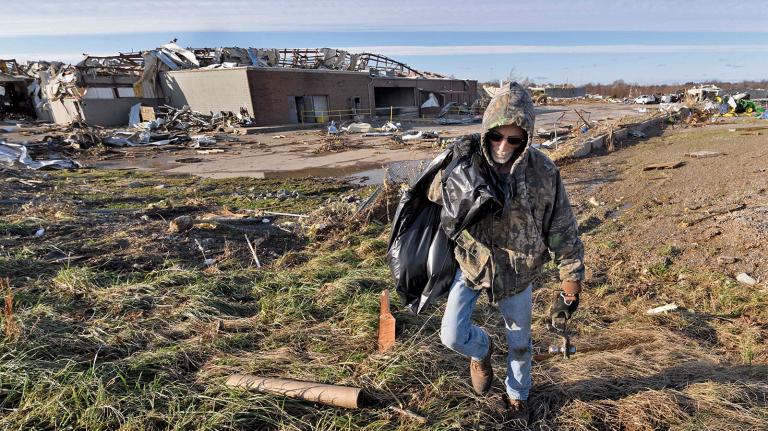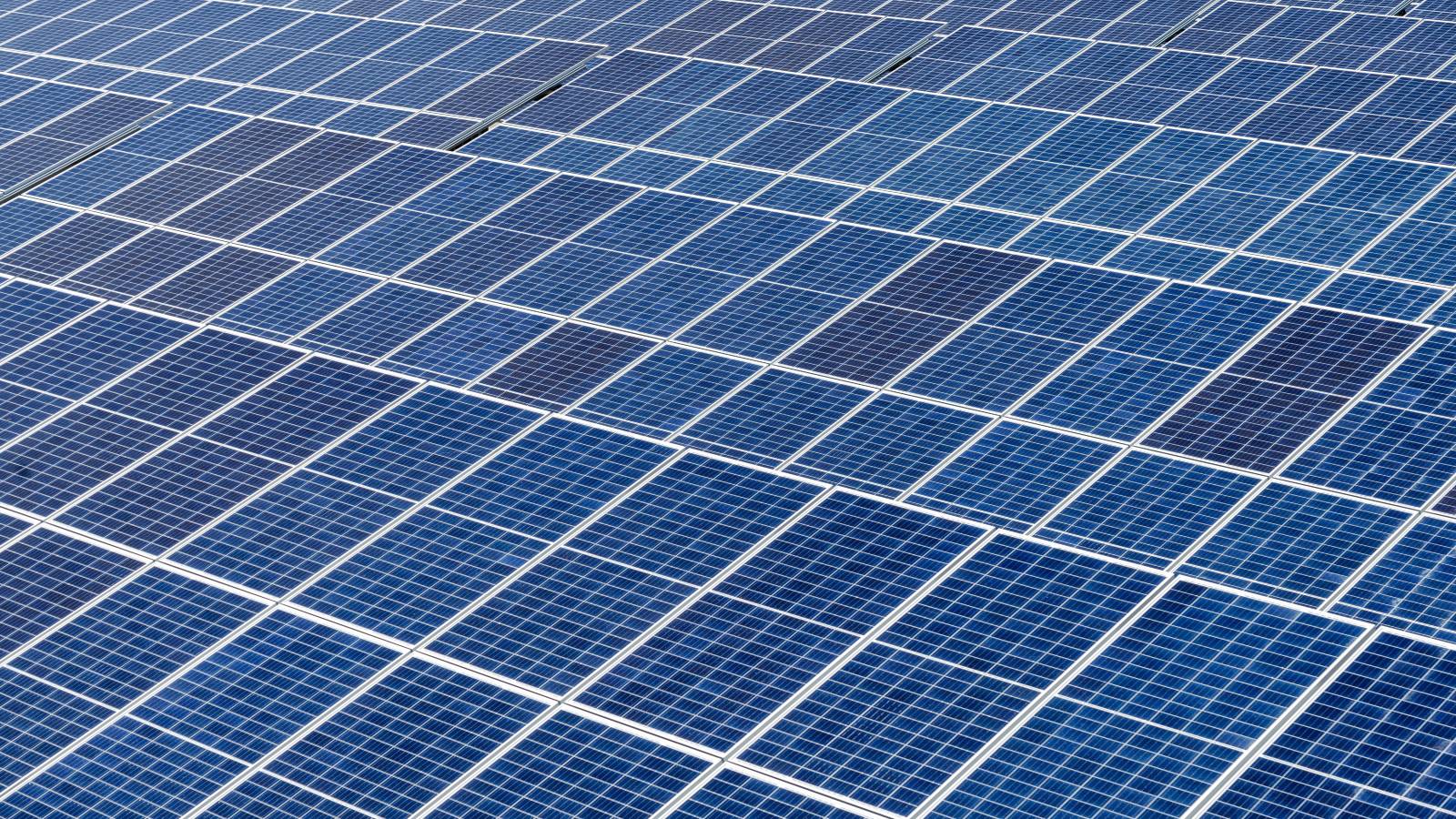This story was originally published by The Guardian and is reproduced here as part of the Climate Desk collaboration.
All large car parks in France will be covered by solar panels under new legislation approved as part of president Emmanuel Macron’s renewable energy drive.
Legislation approved by the French Senate this week requires existing and new car parks with space for at least 80 vehicles to be covered by solar panels.
The owners of car parks with between 80 and 400 spaces have five years to comply with the measures, while operators of those with more than 400 will have just three years. At least half of the area of the larger sites must be covered by solar panels.
The French government believes the measure could generate up to 11 gigawatts of power.
Politicians had originally applied the bill to car parks larger than 27,000 square feet before deciding to opt for car parking spaces.
French politicians are also examining proposals to build large solar farms on empty land by motorways and railways as well as on farmland.
Former United Kingdom prime minister Liz Truss considered blocking solar farms being built on agricultural land.
The sight of parked cars under the shade of solar panels is not unfamiliar in France. Renewables Infrastructure Group, one of the UK’s largest specialist green energy investors, has invested in a large solar car park in Borgo on Corsica.
Macron has thrown his weight behind nuclear energy over the past year and in September announced plans to boost France’s renewable energy industry. He visited the country’s first offshore windfarm off the port of Saint-Nazaire off the west coast and hopes to speed up the build times of windfarms and solar parks.
The move comes as European nations examine their domestic energy supplies in the fallout from Russia’s invasion of Ukraine.
Technical problems and maintenance on the powerhouse French nuclear fleet has exacerbated the problem while the national operator EDF was forced to cut its output in the summer when French rivers became too warm.
The government has also launched a communication campaign, “Every gesture counts,” encouraging individuals and industry to cut their energy usage, and the Eiffel Tower lights are being turned off more than an hour earlier.
The French government plans to spend €45 billion ($53.3 billion) shielding households and businesses from energy price shocks.
Separately on Wednesday, ScottishPower announced it would increase its five-year investment target by £400 million ($473.6 million) to £10.4bn ($12.3 billion) by 2025. The UK solar and wind farm developer hopes to generate 1,000 jobs in the next 12 months.




